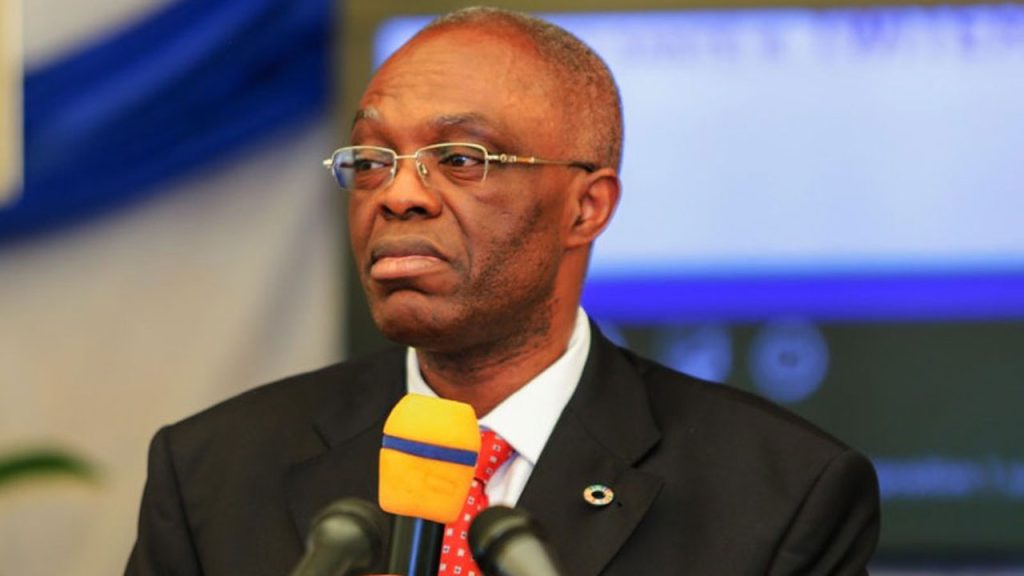Dr. Walter Mulombo, the World Health Organisation’s Country Representative to Nigeria, recently stated that vaccines are both safe and effective. Speaking at a two-day capacity-building workshop for journalists in Abuja, Mulombo emphasized the rigorous review process that vaccines undergo before receiving approval from the WHO. This workshop aimed to enhance health reporting skills and improve understanding of global health issues among media professionals. A key point of discussion was Nigeria’s impending launch of a malaria vaccine as part of its routine immunization program, along with the introduction of a single-dose Human Papillomavirus (HPV) vaccine that began in October 2023.
Mulombo detailed the extensive evaluations conducted by the Strategic Advisory Group of Experts on Vaccines and Immunisation, an essential body within the WHO responsible for scrutinizing vaccine evidence and efficacy. He highlighted that the approval of the malaria vaccine was a result of this thorough process, assuring attendees of its safety and effectiveness. He also mentioned that similar evaluations were undertaken for the HPV vaccine and encouraged journalists to rely on the WHO as a credible source of information and evidence against any misinformation regarding vaccines.
A significant concern raised by Mulombo was the impact of misinformation on public health. He asserted that accessing universal vaccination is a fundamental human right and that issues such as maternal and child mortality are violations of this right. He underscored that the consequences of misinformation not only hinder the public’s access to vital health tools but also contribute to rising mortality rates. In this context, he urged reporters to feel empowered to debunk false narratives, reinforcing that correct information is essential in promoting health initiatives and combating the negative effects of misinformation.
Furthermore, the WHO representative challenged Nigeria to transcend pilot programs and direct efforts toward large-scale delivery of high-quality healthcare services. He stressed that tackling the existing health challenges requires a united approach involving both the governmental bodies and community members. This collaboration is crucial for implementing effective health strategies aimed at improving health outcomes across the country.
In addition to addressing vaccine safety and misinformation, Mulombo’s presentation underscored the need for sustainable healthcare policies to create lasting improvements in Nigeria’s health system. He articulated that any effort toward enhancing healthcare access must prioritize the needs of vulnerable populations, ensuring they receive necessary vaccinations and care to avert health crises. The overarching message was clear: healthcare must be treated as an essential human right, and collaborative efforts are needed to remedy ongoing challenges in service provision.
In summary, Dr. Walter Mulombo’s address highlighted the WHO’s commitment to vaccine safety, the critical role of accurate information in health reporting, and the urgent need for Nigeria to evolve its health strategies beyond pilot projects. By emphasizing the human rights dimension of health care, Mulombo reinforced the importance of collective action in establishing a healthcare system that prioritizes the well-being of all citizens, particularly the most vulnerable. The dialogue initiated at the workshop is an essential step toward fostering a well-informed public that recognizes the significance of vaccines and the consequences of misinformation.


